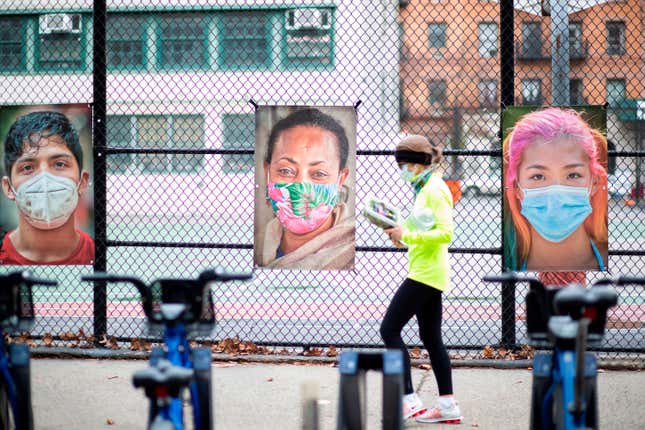Stop Telling Me How I Feel!!!!!
It's irritating to be diagnosed en masse by mainstream media outlets.
Latest

“There’s a Name for the Blah You’re Feeling: It’s Called Languishing,” reads a Monday New York Times headline. My immediate response when I read it this morning was: How do you know what I’m feeling?
In any given day, I can (and often do) experience several emotions. Generally, I wake up in a good mood because I haven’t yet discovered the specific things that are going to irritate me. I’m looking forward to coffee and the silly little granola bar I’m going to have for breakfast. If I have a piece to work on, I’ll probably enter my grumpy hours because writing is usually misery. Unless something really great happens to me, somewhere between 3 and 4 p.m. is usually what my friend Shayla has termed “peak despair,” the point at which it seems as though one has exhausted the possibilities for the day. Then as it gets closer to 6 p.m. another pleasant mood washes over me because it’s almost time to cook and eat dinner, and maybe have a glass of wine. Then night falls and I wonder why there are so many hours in a single day and what I’m expected to do with them. And then it’s time for bed.
-

-

-

-

-

-

-

-

-

-

-

-

-

-

-

-

-

-

-

-

-

-

-

-

-

-

-

-

-

-

-

-

-

-

-

-

-

-

-

-








































